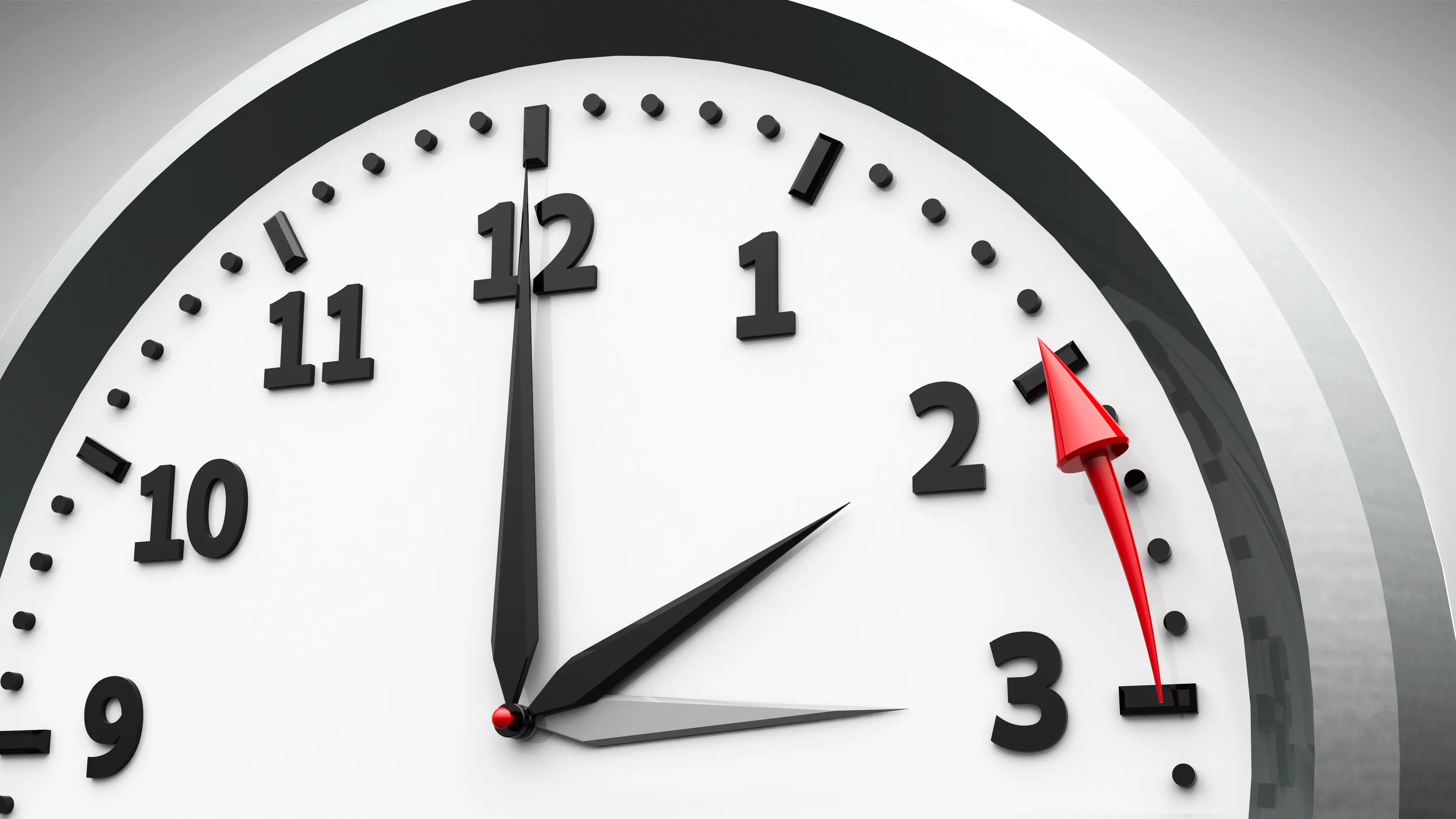Health Risks of Daylight Saving Time: Impact on Sleep and Overall Health

Effects of Daylight Saving Time on Sleep
As **daylight saving time** begins this Sunday, many will enjoy longer evenings. However, this change means losing an essential hour of sleep, leading to potential health risks. Dr. Jyotu Sandhu from Sharp Rees-Stealy warns that loss of sleep is a risk factor for dementia, highlighting the importance of preparing for this transition.
Preparation Strategies
- Gradually shift your schedule: wake up and go to sleep 15 minutes later each day.
- Avoid heavy meals and screen time before bedtime.
- Use an eye mask and blackout curtains to enhance sleeping conditions.
- Maintain a cool room temperature for optimal rest.
While some may consider taking melatonin, it's essential to note that it works effectively only in specific situations. To safeguard your health during this seasonal change, adhere to these tips.
Disclaimer: The information provided on this site is for informational purposes only and is not intended as medical advice. We are not responsible for any actions taken based on the content of this site. Always consult a qualified healthcare provider for medical advice, diagnosis, and treatment. We source our news from reputable sources and provide links to the original articles. We do not endorse or assume responsibility for the accuracy of the information contained in external sources.
This article was prepared using information from open sources in accordance with the principles of Ethical Policy. The editorial team is not responsible for absolute accuracy, as it relies on data from the sources referenced.